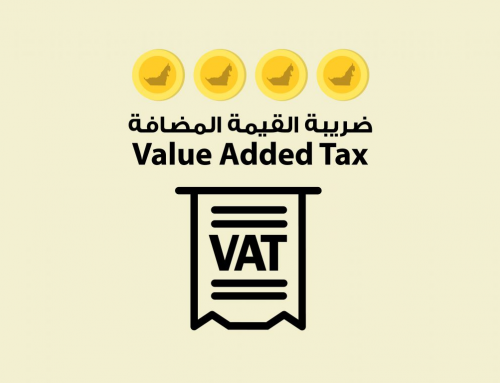UAE introduces Federal Corporate Tax
Corporate Tax is a form of direct tax levied on the net income or profit of corporations and other businesses. Corporate Tax is sometimes also referred to as “Corporate Income Tax” or “Business Profits Tax” in other nations.
A competitive corporate tax regime based on international best practices will cement the UAE’s position as a leading global hub for business and investment and accelerate the UAE’s development and transformation to achieve its strategic objectives.
The Federal Tax Authority will be responsible for the administration, collection, and enforcement of UAE Corporate tax.
Effective date
The UAE corporate tax regime will become effective for financial years starting on or after 1 June 2023
Examples:
A business that has a financial year starting on 1 July 2023 and ending on 30 June 2024 will become subject to UAE corporate tax from 1 July 2023 (which is the beginning of the first financial year that starts on or after 1 June 2023).
A business that has a (calendar year) financial year starting on 1 January 2023 and ending on 31 December 2023 will become subject to UAE corporate tax from 1 January 2024 (which is the beginning of the first financial year that starts on or after 1 June 2023).
Scope of Corporate Tax
UAE corporate tax will apply to all UAE businesses and commercial activities alike, except for the extraction of natural resources, which will remain subject to Emirate level corporate taxation.
All activities undertaken by a legal entity (including Sole proprietor & freelancer) will be deemed “business activities” and hence be within the scope of UAE corporate tax.
The taxable income will be the accounting net profit of a business, after making adjustments for certain items to be specified under the UAE corporate tax law
The accounting net profit of a business is the amount reported in the financial statements prepared in accordance with internationally acceptable accounting standards
Rate of Corporate Tax
The Corporate tax rates are:
0% for taxable income up to AED 375,000.
9% for taxable income above AED 375,000; and
a different tax rate for large multinationals that meet specific criteria set with reference to ‘Pillar Two’ of the OECD Base Erosion and Profit Shifting project
Corporate Tax Computation Example
Suppose, An Entity has earned taxable income of AED 500,000 in a given financial year, The CT amount will be…..
The Corporate tax liability will be calculated as follows:
Taxable income of AED 0 – AED 375,000 at 0% = AED 0
Portion of taxable income exceeding AED 375,000 (i.e., AED 500,000 – AED 375,000 = AED 125,000) at 9% = AED 11,250
The UAE corporate tax liability for the year will be AED 0 + AED 11,250 = AED 11,250
Income exempts from Corporate tax
Following Income/ business activity out of Corporate Tax Scope
- Dividends and capital gains earned by a UAE business from its qualifying shareholdings will be exempt from UAE corporate tax.
- UAE corporate tax will not apply on an individual’s salary and other employment income (whether received from the public or private sector)
- Individuals will not be subject to UAE corporate tax on dividends, capital gains and other income earned from owning shares or other securities in their personal capacity
- Businesses engaged in the extraction of natural resources will remain subject to Emirate level corporate taxation and be outside the scope of UAE corporate tax
- Information on other UAE corporate tax exemptions and exclusions will be provided in due course
Disclaimer: All information are compiled from various authorities of UAE Govt.



